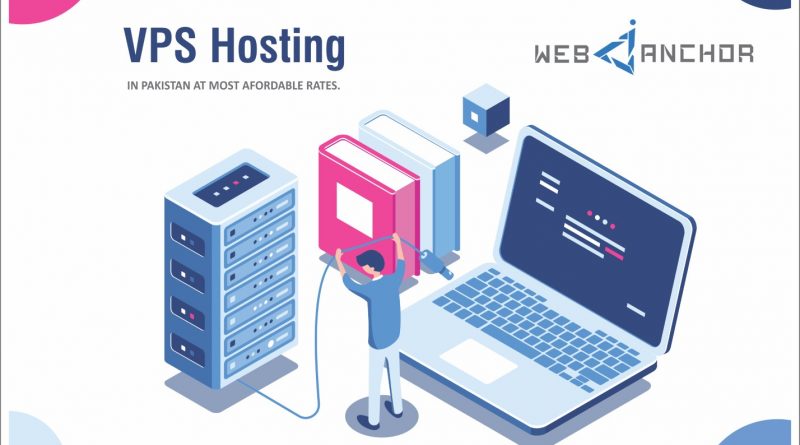Virtual Private Server (VPS)
Virtual Private Server Hosting is one of the well-known hosting services that you can use for your website. It uses virtualization technologies on a cloud with several users to provide you with dedicated (private) services.
For both shared servers and dedicated servers, it is an available option. It can be hard to actually know what you get when you buy a service or resource to host your website, with several acronyms defining service packages and virtual server types.
For personal websites, small-to-medium-sized enterprise websites, or eCommerce markets, VPS hosting is an outstanding forum. Start by digging into what VPS hosting providers provide and whether they are a suitable match for your needs.
It’s a solution that is simpler and more secure than shared hosting where you don’t have a dedicated disc space. It’s smaller in size, though, and cheaper than renting an entire host. Website operators, who have medium-level traffic that approaches the limits of shared hosting plans but still does not require the support of a dedicated server, typically prefer VPS hosting.
What does the VPS support?
You are granted access to a virtual server as a member of a web hosting service. This ensures that certain virtual servers are likely to run inside the hosting service on one physical computer, and remote access to a portion of the whole is given to you.
It seems as if you have your own dedicated server as the end-user. VPS providers help you install and customize your own security program for the operating system of your choice. In fact, however, you only have a portion of the server, which is also used by many other customers.
Since a VPS is similar to a virtual machine, it is possible to install any program which can run on the operating system of the VPS. A VPS can, for instance, be used to endorse any of the following:
- eCommerce Software
- Blog Hosting
- Company website
- File Transfer Protocol (FTP)
- Email Server
- Data Storage
Virtual Private Server Benefits:
There are advantages and disadvantages to VPS hosting facilities. Although many consumers may not note any drop in performance over the long run, due to the activity of other users on the same server, certain larger websites will experience decreased performance. However, for many enterprises, VPS hosting delivers all the advantages they need at an affordable cost. VPS web hosting’s four key advantages are as follows:
- It’s faster and more reliable than a shared hosting server.
- As server resources such as memory or processing power are guaranteed, there’s zero to minimal fluctuation in available resources.
- Issues and traffic surges of other server users don’t affect your site.
- You get superuser (root) access to your server.
- You have better privacy, as your files and databases are locked from other server users.
- It’s an easy-to-scale service. As your website grows, you can easily upgrade your server resources (RAM, CPU, disk space, bandwidth, etc.).
